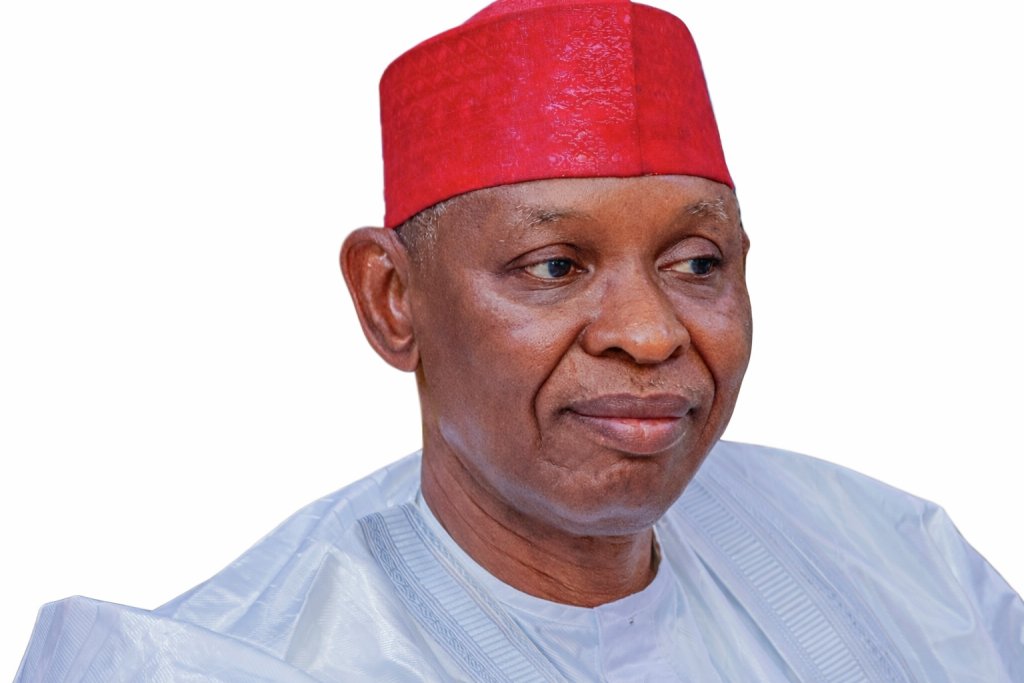Advancing Democracy in Nigeria: Atiku Proposes Rotational Presidency and Electoral Law Reforms
In a bid to strengthen democracy in Nigeria, former Vice President Atiku Abubakar has proposed a rotational presidency and reforms to the country’s electoral laws. The proposals, addressed to the Deputy Senate President and Chairman of the Constitution Review Committee, Senator Jibrin Barau, aim to reduce political indiscipline and chaos in the system.
Atiku’s proposal, dated August 30, 2024, recommends changes to the 1999 Constitution, focusing on procedures for educational qualifications of candidates, internal democracy in political parties, and the rotation of presidential positions among Nigeria’s six geopolitical zones. The former Vice President believes that these reforms will enthrone the discipline needed in a democracy.
Atiku emphasized that the current system allows for political parties to breach the constitution, electoral act, and party constitution, leading to chaos. He argued that the proposed amendments will ensure that the office of the president rotates among the six zones, with a single term of six years, alternating between the North and South.
The proposed changes also include amendments to Section 135(2), which would require the President to vacate office at the expiration of a six-year term, and Section 137(1)(b), which would ensure that a candidate has been elected to the office before.
As a flagbearer of the major opposition political party in the 2023 presidential election, Atiku’s recommendations are aimed at addressing the pitfalls in Nigeria’s election laws. The former Vice President believes that these reforms will help to advance democracy in the country and ensure a more stable and peaceful political environment.
The proposal is now before the National Assembly, where it will be considered and debated. The outcome of this process will have significant implications for Nigeria’s political landscape and the future of democracy in the country.



